
U.S. Surgeon General Murthy Calls for Warning Labels on Social Media Platforms

In a powerful op-ed for the New York Times, U.S. Surgeon General Dr. Vivek Murthy has issued an urgent call for warning labels on social media platforms. He likens the need for this action to the warnings mandated on tobacco and alcohol products, emphasizing that immediate steps are required to tackle the escalating mental health crisis among young people.
Murthy’s call for warning labels is driven by mounting evidence that social media significantly contributes to mental health problems among adolescents. “We are in the middle of a national youth mental health crisis,” Murthy declared, adding, “I am concerned that social media is an important driver of that crisis—one that we must urgently address.” He pointed out that adolescents who spend more than three hours a day on social media are at double the risk of experiencing anxiety and depression symptoms, while the average daily use among this age group is nearly five hours.
Murthy emphasized the critical need for these warning labels to regularly remind parents and adolescents that social media has not been proved safe. “A surgeon general’s warning label, which requires congressional action, would regularly remind parents and adolescents that social media has not been proved safe,” he wrote. This label would serve as a constant reminder of the potential mental health harms associated with social media use.
This isn’t the first time Murthy has sounded the alarm on this issue. Last year, he released a report highlighting the risks of social media to young people, stating, “We are in the middle of a national youth mental health crisis.” In his latest call to action, Murthy emphasizes the urgency of the situation, describing it as “an emergency” that demands immediate intervention.
Murthy’s concerns are backed by numerous studies. He referenced research showing that social media exposure can lead to various adverse effects on adolescents, such as online harassment, increased exposure to self-harm and racist content, and negative impacts on sleep, body image, and physical activity. He specifically cited a 2019 study published by the American Medical Association in JAMA, which found that teenagers who spend three hours a day on social media double their risk of depression. Teens spend nearly five hours a day on social media apps according to a Gallup poll.
Moreover, Murthy pointed to findings from the Wall Street Journal’s Facebook Files series in 2021, which revealed that Instagram was particularly harmful to teenage girls with body image issues. The internal research from Facebook, now Meta, showed that the platform exacerbated body-image concerns for a third of teenage girls. In response to these findings, Facebook abandoned plans to create an Instagram platform tailored to children after lawmakers and others raised concerns over its impact on young people’s mental health.
Murthy drew parallels between his proposal for social media warning labels and historical public health measures. He recalled the landmark 1965 report from Surgeon General Luther L. Terry that linked cigarette smoking to lung cancer and heart disease, leading to Congress mandating warning labels on cigarette packs. “Evidence from tobacco labels shows that surgeon general’s warnings can increase awareness and change behavior,” Murthy noted, though he acknowledged that a label alone wouldn’t make social media safe.
Steps can be taken by Congress, social media companies, parents, and others to mitigate the risks, ensure a safer experience online, and protect children from possible harm, Murthy wrote. He suggested that Congress take steps to prevent platforms from collecting sensitive data from children, restrict addictive features like push notifications, autoplay, and infinite scroll, and require social media companies to share health impact data with independent researchers. “Social media companies should have to share data on health effects with independent researchers and the public and allow independent safety audits of their products,” Murthy argued.
Government officials, lawmakers, and technology companies have for years grappled with how best to manage the issue. Lawmakers in the U.S. and Europe are weighing plans to tighten online age restrictions. For instance, last year, Utah Governor Spencer Cox signed a law requiring social media companies to verify users are 18 years or older and require those under 18 to receive the consent of a parent or guardian to open an account.
Despite these efforts, Murthy stressed that more comprehensive measures are necessary. “It’s time for Congress to get serious about curbing children’s use of social media,” he urged. He also suggested practical steps for parents, such as making schools phone-free environments and restricting children’s use of social media until they graduate from middle school. Murthy acknowledged that “for too long, we have placed the entire burden of managing social media on the shoulders of parents and kids, despite the fact that these platforms are designed by some of the most talented engineers and designers in the world to maximize the amount of time that our kids spend on them.”
Murthy’s proposal has sparked a national conversation on how best to protect young people from the harmful effects of social media. He urged parents to collaborate with other families to establish shared rules, so no parents have to struggle alone or feel guilty when their teens claim they are the only ones facing limits. “This is much easier said than done, which is why parents should work together with other families to establish shared rules,” Murthy wrote.
Dr. Vivek Murthy’s urgent call for warning labels on social media platforms is a step in the right direction, but one might consider that this is a different problem. Children’s behavior should be addressed primarily by parents, and secondarily by schools, and we have yet to figure out how to get this done.
https://www.nytimes.com/2024/06/17/opinion/social-media-health-warning.html




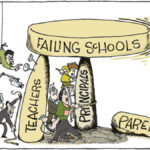






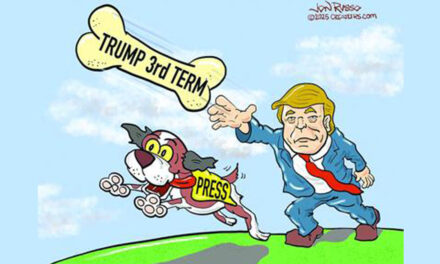
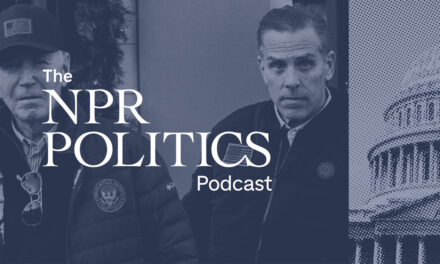




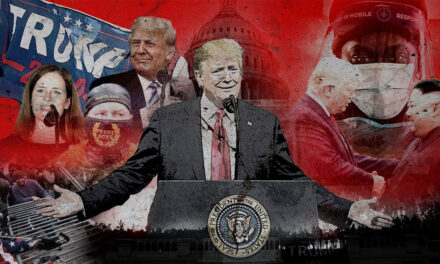

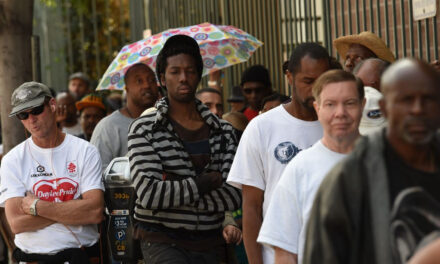







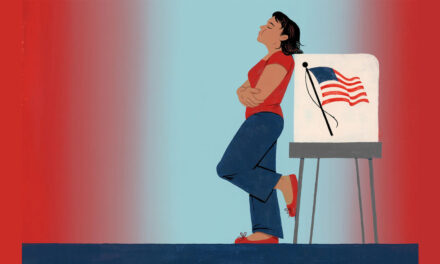


Warning Labels? They assume most kids can read, or even choose to!
I think Darren gets the award for the most jokes. I don’t tell them too much because Horist takes it all so seriously and personally too. That was funny IMO, thanks Darren. Could use more of that round here.
Speaking of jokes: “Dr. Vivek Murthy’s urgent call for warning labels on social media platforms is a step in the right direction, but one might consider that this is a different problem. Children’s behavior should be addressed primarily by parents, and secondarily by schools, and we have yet to figure out how to get this done.” boy, coffee spew alert on that one. What’s next, “social media is just a tool, it’s the person that pulls the trigger?”
Sort of like all gun problems are mental illness issues. A funny that never gets old. All of these represent problems you can’t ever solve IF you could even prove it. How would you proceed to fix mental illness in the gunny set where, if gun murder stats are right, there’s a fuck of a lot of mentally ill gunnies out there. Maybe we check em once a month? Have em walk if, ask, “are you crazy” to test them. Or just offer free service to any gunny stepping up and admitting nuttiness. Gunny’s love blaming a problem you can’t get the statistics on, can’t fix, but everyone agrees these shooters be bat shit crazy.
Yeah, let’s step in and fix parenting…. that’ll fly. Worked well for CRT. Then, he expects schools to be secondary to parent in parenting. Another morsel that will never fly. And even if we fixed it, folks, sssssh, big secret but the evils of social media would still be there. How you gonna identify parents needing parenting support or are define who is doing a bad job? How you gonna fix it when you do? Expect parents to step up, say, I suck at this, help me… Again, when everyone agrees a bad kid is a bad parent’s fault, then problem defined, can’t be solved, let’s move on.
OR you could fix social media, and much other media, to just do the right thing, the right way, and not let this trash be aired.
Great! We need another warning label – like we don’t have enough of them! Many of the parents of underage victims of social media are already ignoring all of the warning labels they see every day on food, tobacco, alcohol, drugs, guns and ammo, speed limits, movie ratings, public health warnings such as Covid, etc.
What will be next, a warning on Trump and his Truth Anti-social site? “Warning: This site owned and operated by a felon who will make $3B while fleecing all investors. ”
Warnings only work for people that read them and have the cognitive ability to understand them. For social media sites maybe the best system would be a smiley face system. Then we do not have to worry about whether they can read or not.